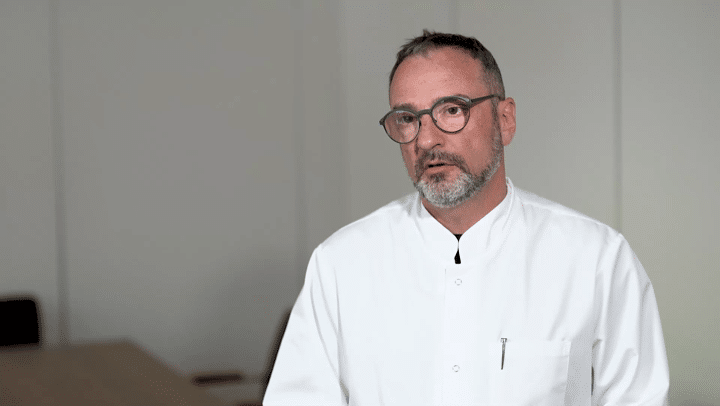Refund decisions that enable patients to access modern therapies or move the most effective treatments to the first line of treatment are bringing Poland closer to European and global oncology standards. However, there are still areas that need improvement. These include eliminating geographical barriers to the best therapies and changing patient attitudes towards preventive examinations, which allow early detection of cancer. Without this, even the best cancer-fighting strategies will not work as they should.
“If we look at the number of refund decisions related to oncology and other diseases, it is clear that oncology is a priority. The truth is that we have the most new registrations related to oncological or haematooncological diseases, hence the pool of drugs available for refund or financing from public funds is larger in the case of oncology, but the number of decisions is also higher,” says Prof. Marcin Czech, Head of the Department of Pharmacoeconomics at the Institute of Mother and Child in Warsaw, in an interview for Newseria Innowacje. “We are catching up with the backlog we had compared to, for example, Western Europe.”
With each update of the refund list last year, new therapies for cancer patients were introduced, including for breast, ovarian, bladder and stomach cancer. An example of a reimbursement decision was the introduction on January 1, 2024, of the first-line treatment of multiple myeloma with daratumumab, in combination with lenalidomide and dexamethasone (DRd scheme). This decision was eagerly awaited by patients and their doctors and has the potential to benefit up to 70% of patients.
“The visible trend is to shift therapies towards the first lines of treatment, i.e. larger populations that can benefit from these drugs. Very often these are drugs with a better safety profile, higher effectiveness, also long-term,” explains Prof. Czech. “Another important trend is the movement of drugs from medicinal programmes to the catalogue of chemotherapies, which requires much less administrative work for doctors.”
Although the reimbursement decision is central and applies throughout the country, access to the most effective and up-to-date treatment in Poland is often determined by the postcode and proximity of reference centres. This can result in a higher volume of patients at centres like the National Oncology Institute than other places that could provide such treatment. The National Cancer Network is an initiative designed to level the playing field, but its implementation has recently been postponed.
Prof. Czech points out the importance of preventive examinations. Despite the increasing awareness of Poles about this issue, the application in practice still leaves much to be desired. For example, according to data from the National Cancer Registry, only 25-35% of people from Warsaw and the surrounding area take part in colonoscopy screenings, which are available free of charge for patients aged 50-64 years (in risk groups, the age of qualification is 40-49 years). Similarly, only 27% of Polish women participate in cytological examinations as part of the programme.
Despite the challenges, the National Cancer Strategy is currently being implemented. This long-term programme for 2020-2030 introduces comprehensive changes to Polish oncology with the aim of increasing five-year survival rates and reducing the incidence of cancer. The measures included in the NCS focus on supporting staff in the field of oncology, promoting prevention, investing in the system and science and innovation.
“The importance of social awareness cannot be understated. No matter how good our oncology strategies are, if patients won’t go for preventive screenings or get vaccinated against HPV, we won’t see the outcomes we want. Building this awareness through public health initiatives and primary cancer prevention strategies is critical,” concludes Prof. Czech.
